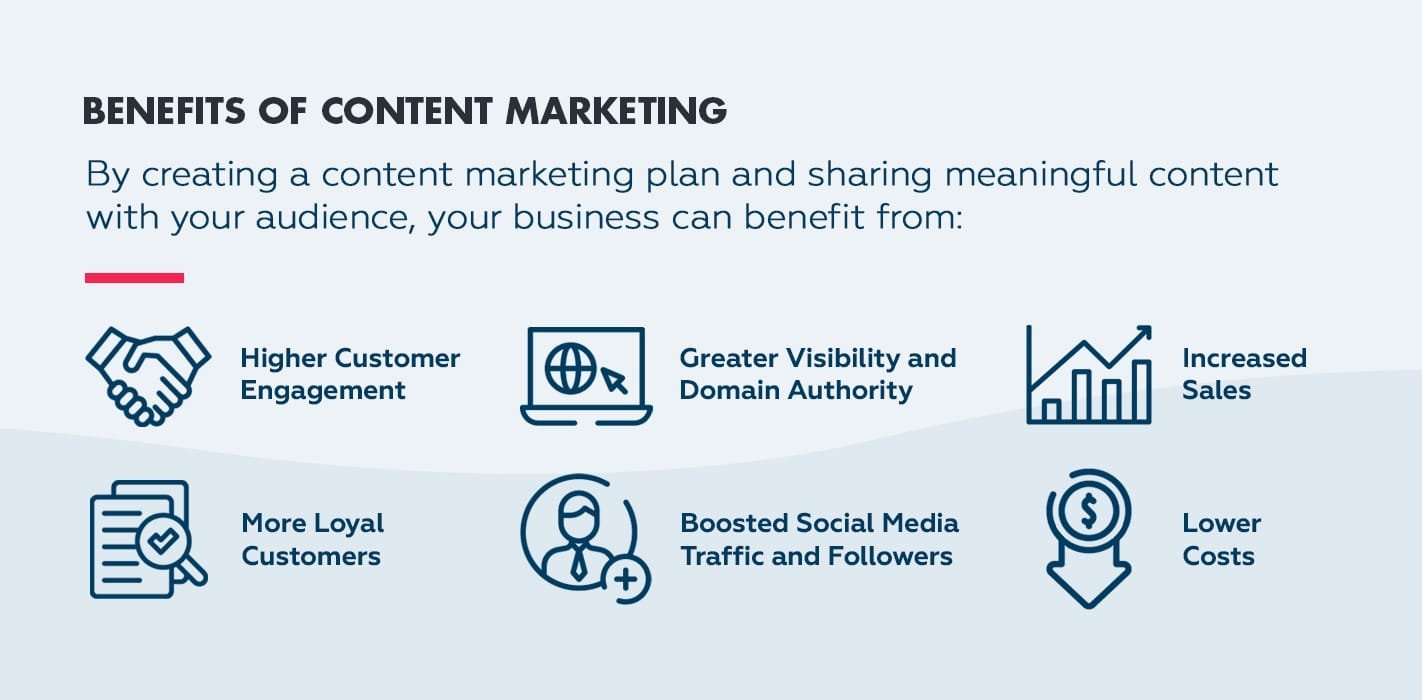what is content marketing in digital marketing?
What is content marketing in digital marketing? Learn how content marketing helps businesses attract, engage, and convert audiences in the digital landscape.
What is content marketing in digital marketing?
Introduction
Content marketing is one of the most powerful strategies in digital marketing. It focuses on creating and sharing valuable, relevant, and consistent content to attract and retain a clearly defined audience. Instead of directly promoting a brand, content marketing aims to provide useful information that builds trust and long-term relationships with potential customers.
With the rise of online platforms and social media, content marketing has become essential for businesses looking to increase brand awareness, generate leads, and boost conversions. But what exactly is content marketing in digital marketing? This article will explore its meaning, types, benefits, and best practices.
What is content marketing in digital marketing?
Understanding Content Marketing in Digital Marketing
Content marketing is a strategic approach in digital marketing that involves creating and distributing content to attract and engage a target audience. It goes beyond traditional advertising by focusing on storytelling, education, and value-driven communication.
Rather than bombarding users with ads, content marketing aims to provide answers to their questions, solve their problems, and establish a brand as a trusted authority. This strategy helps businesses nurture leads, increase website traffic, and improve customer loyalty.
What is content marketing in digital marketing?
Types of Content Marketing
Content marketing comes in many formats, depending on the goals and target audience. Below are some of the most common types:
1. Blog Posts
Blog writing stands out as a widely used strategy in content marketing. Well-written blog posts help attract organic traffic, improve SEO, and educate readers on relevant topics. Businesses use blogs to share insights, tips, and industry news.
2. Videos
Video content has become a dominant force in digital marketing. Platforms like YouTube, TikTok, and Instagram make it easy for brands to engage users through storytelling, tutorials, and product demonstrations.
What is content marketing in digital marketing?
3. Infographics
Infographics simplify complex information by presenting it in a visually engaging and easily digestible format. They are highly shareable and work well on social media, websites, and presentations.
4. Social Media Content
Social media platforms such as Facebook, Instagram, Twitter, and LinkedIn allow brands to interact with their audience through short-form posts, images, videos, and live streams. Social media content marketing is crucial for building brand awareness and engagement.
5. Email Marketing
Email marketing uses newsletters and promotional emails to nurture relationships with potential and existing customers. Personalized email content keeps subscribers engaged and encourages conversions.
What is content marketing in digital marketing?
6. Ebooks and Whitepapers
These long-form content pieces provide in-depth insights on a specific topic. Businesses use them as lead magnets, offering valuable information in exchange for a user’s contact details.
7. Podcasts
Podcasts allow businesses to share their expertise through audio content. This format is growing in popularity, providing an engaging way for audiences to consume information while multitasking.
What is content marketing in digital marketing?
8. Case Studies and Testimonials
Case studies highlight success stories and showcase how a business solved a particular problem. Testimonials build trust and credibility by featuring real customer experiences.
What is content marketing in digital marketing?
Benefits of Content Marketing in Digital Marketing
Content marketing offers numerous advantages for businesses looking to grow their online presence and reach their target audience effectively.
1. Increases Brand Awareness
By consistently producing high-quality content, businesses can improve their visibility and make their brand more recognizable. Content marketing helps establish authority in an industry and keeps a brand top-of-mind.
2. Improves SEO and Organic Traffic
Search engines like Google prioritize valuable content. Well-optimized content with relevant keywords, internal links, and high-quality information can rank higher in search results, driving more organic traffic to a website.
What is content marketing in digital marketing?
3. Builds Trust and Authority
Providing useful and informative content positions a brand as an industry expert. When businesses share knowledge and insights, they gain the trust of their audience, leading to stronger relationships and higher customer loyalty.
4. Generates Leads and Conversions
Content marketing nurtures potential customers throughout the buyer’s journey. By offering solutions and valuable insights, businesses can guide prospects toward making purchasing decisions.
What is content marketing in digital marketing?
5. Cost-Effective Marketing Strategy
Compared to traditional advertising, content marketing is a cost-effective approach. Once created, content can continue to attract visitors, generate leads, and provide value over time without ongoing expenses.
6. Engages and Educates the Audience
Engaging content keeps audiences interested and informed. Whether through blogs, videos, or social media posts, businesses can educate their audience about products, industry trends, and best practices.
7. Strengthens Customer Relationships
Regularly sharing valuable content helps maintain relationships with existing customers. Brands that engage with their audience through meaningful content create a loyal customer base.
What is content marketing in digital marketing?
How to Create an Effective Content Marketing Strategy
To succeed in content marketing, businesses need a well-planned strategy. Here are the key steps to developing an effective content marketing plan:
1. Define Your Goals
Before creating content, businesses must identify their objectives. Typical objectives involve driving website traffic, attracting leads, enhancing sales, and strengthening brand awareness.
2. Know Your Target Audience
Understanding the audience’s needs, preferences, and pain points is essential. Businesses should conduct market research, create buyer personas, and analyze customer behavior to tailor content effectively.
What is content marketing in digital marketing?
3. Choose the Right Content Formats
Different audiences prefer different content types. Businesses should determine whether blog posts, videos, infographics, or social media content will be most effective for their audience.
4. Conduct Keyword Research
SEO plays a crucial role in content marketing. Conducting keyword research helps businesses identify the terms and phrases their audience is searching for, allowing them to optimize content for better search rankings.
5. Create High-Quality Content
Content should be informative, engaging, and well-structured. Using storytelling, data, visuals, and actionable insights enhances the value of content.
What is content marketing in digital marketing?
6. Optimize for SEO
To improve search engine visibility, businesses should:
- Use relevant keywords naturally
- Include meta titles and descriptions
- Add internal and external links
- Optimize images and multimedia
- Ensure mobile-friendliness
7. Promote Content
Creating great content is not enough; businesses must promote it through social media, email marketing, paid ads, and collaborations. Effective distribution ensures that content reaches the right audience.
8. Measure and Improve Performance
Tracking content marketing performance using analytics tools helps businesses understand what works and what doesn’t. Metrics such as traffic, engagement, and conversions can guide future content strategies.
What is content marketing in digital marketing?
Content Marketing Trends in Digital Marketing
Content marketing is constantly evolving. Businesses should stay updated with trends to remain competitive. Some of the latest content marketing trends include:
1. AI-Powered Content Creation
Artificial intelligence is revolutionizing content marketing by assisting with content generation, optimization, and personalization. AI tools help businesses create high-quality content more efficiently.
2. Short-Form Video Content
Platforms like TikTok, Instagram Reels, and YouTube Shorts are gaining popularity. Businesses are leveraging short-form videos to capture audience attention quickly.
What is content marketing in digital marketing?
3. Interactive Content
Quizzes, polls, and interactive infographics engage users and increase content retention. Interactive content encourages participation and enhances the user experience.
4. Voice Search Optimization
With the rise of voice assistants like Siri and Alexa, optimizing content for voice search is becoming essential. Businesses should use conversational keywords and answer common questions directly.
5. Personalized Content Experiences
Tailoring content to individual user preferences improves engagement. Businesses use data-driven insights to deliver personalized recommendations and targeted content.
What is content marketing in digital marketing?
Conclusion
Content marketing is a fundamental aspect of digital marketing that helps businesses build relationships, improve brand visibility, and drive conversions. By creating valuable and engaging content, brands can attract their target audience, enhance their SEO efforts, and achieve long-term success.
As digital trends continue to evolve, businesses must stay adaptable and innovative with their content marketing strategies. Investing in high-quality content will always be a powerful way to connect with audiences and grow a brand in the digital space.








